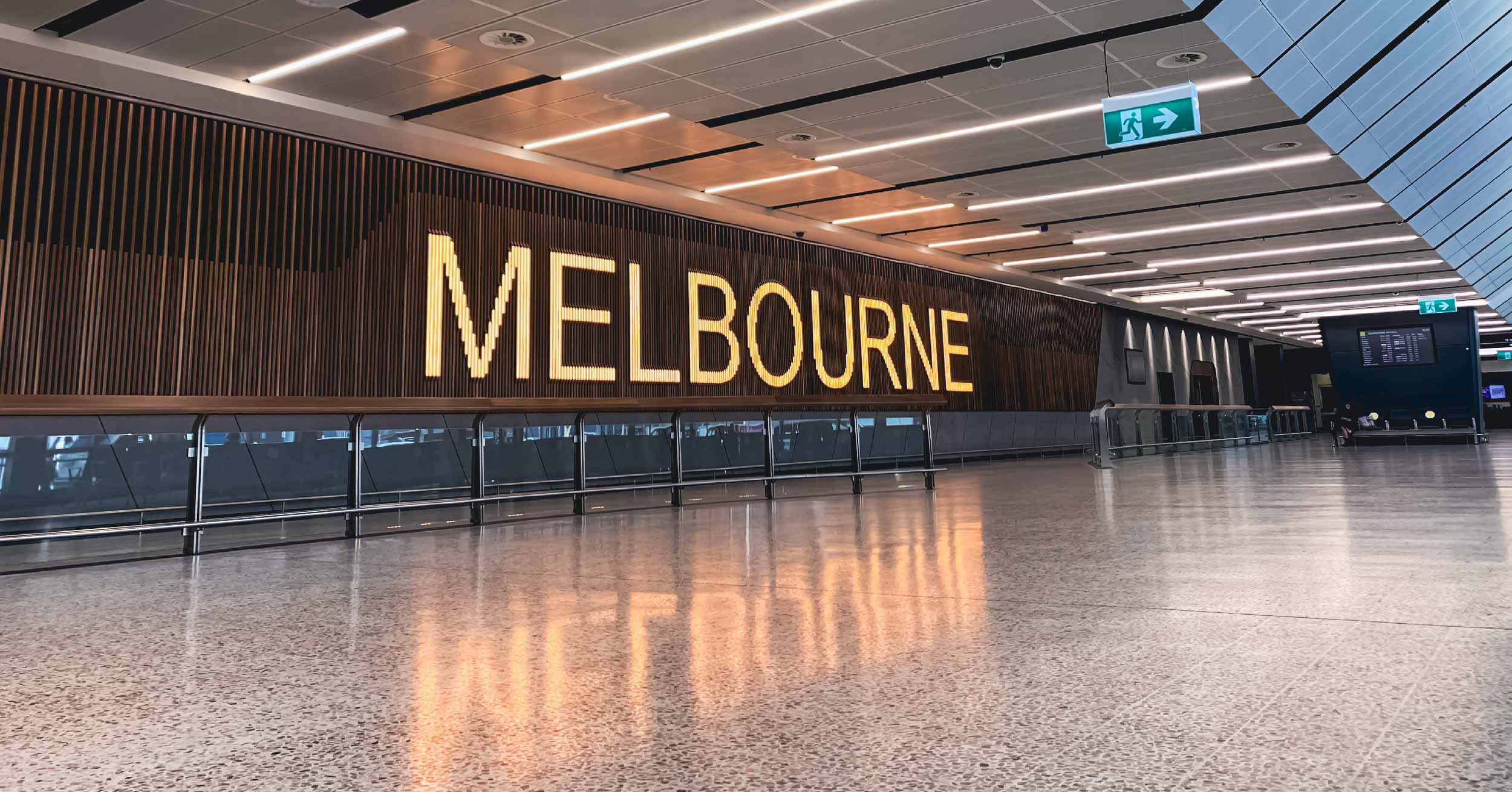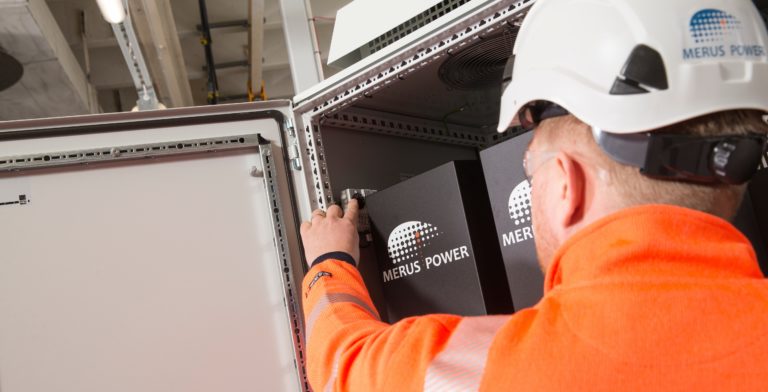Merus® A2 – Active Harmonic Filter
Merus® A2 is a scalable, versatile, and durable active harmonic filtering solution designed and manufactured in Finland using innovative Merus® technology.

Airports are bustling places with significant heat loads generated by numerous sources such as lighting, electronic equipment, and passenger occupancy. Maintaining precise temperature control is vital in airports to ensure the comfort of passengers and employees. Water-cooled chillers offer accurate and reliable temperature control, allowing for adjustments to meet varying cooling requirements based on occupancy, climate conditions, and time of day.
At Melbourne Airport to ensure uninterrupted ventilation, they incorporated redundancy in their HVAC systems, where multiple chillers, hot water boilers, and generators operate in parallel or a standby configuration. This redundancy provides backup ventilation capacity, ensuring continuous operation even if one chiller or boiler requires maintenance or encounters a fault.
HVAC systems used in airports often incorporate large Variable Frequency Drives (VFDs) that can introduce high harmonic currents into the electrical power supply. These harmonic currents are caused by the non-linear characteristics of VFDs, resulting in distorted current waveforms. The presence of these harmonics can lead to various issues, including increased losses, equipment overheating, reduced power factor, voltage distortion, and interference with sensitive equipment. To mitigate these problems, harmonic filters are employed alongside VFDs to reduce or eliminate the harmonic currents.
An optimal solution was implemented for addressing the harmonic current issue in the system. A Merus® A2-600A Active Harmonic Filter was seamlessly integrated into the common bus connecting all the chillers and boilers. The filter system was designed with six 100A autonomous-operated modules, working in parallel to enhance performance and provide additional redundancy for improved reliability.
As a result of the installation of the Merus® Active Harmonic Filter, the power factor has significantly improved, surpassing 0.98, while effectively maintaining the Total Harmonic Distortion (THDi) below 5%. This comprehensive solution ensures a stable and efficient power supply, mitigates harmonic distortions, and optimizes the overall performance of the HVAC system at the airport.
Commercial building – airport with HVAC-system
Australia
High current harmonic distortion

Merus® A2 is a scalable, versatile, and durable active harmonic filtering solution designed and manufactured in Finland using innovative Merus® technology.
With the improved power factor and controlled harmonic distortion, the HVAC system can operate at its optimal performance levels. The active harmonic filter’s ability to maintain power quality within acceptable limits of IEEE519-2014 ensures that the system operates efficiently, maximizing its available capacity and minimizing energy consumption. This leads to cost savings and efficient use of resources.
The Merus® Solution proved to be a valuable investment, ensuring the smooth functioning of the system while meeting power quality standards and promoting energy efficiency in the airport’s infrastructure.
Please contact one of our salespeople with questions and inquiries.




Sales Manager,
Baltics & Eastern and Southern Europe

Senior Sales Manager,
DACH, Benelux, France,
Asia-Pacific

Regional Sales Manager,
Middle East